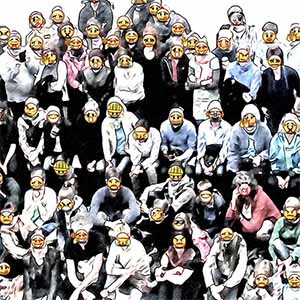- Instructor
- Kate Ambramson
- Location
- Sycamore Hall 022
- Days and Times
- 1:00P-2:15P MW
- Course Description
Gender, sexuality, and race are vitally important, yet extremely complicated, aspects of our everyday lives. We tend to assume that these categories mark crucial differences among us. Consider, for instance, how common it is to say about someone you just met, “I met this guy who…” or “there’s the woman (or girl) in my class who…” Why should it be that even in casual contexts like these, one of the first things we think of to mention about someone is their gender? These categories also almost always mark very deep aspects of our self-conception. Think about what it would be like to wake up tomorrow a different gender than what you are today, or with a different sexual orientation, or a different race—or all three! We also very often assume that differences across these categories are obstacles to understanding. People say things like “you wouldn’t get it; you’re a guy”. And yet these are also some of the differences across which we most need to understand one another. In a similar vein, we assume that these categories constitute significant differences among us when we think of “diversity” in terms of gender, sexuality and race. We all know perfectly well, for instance, what people mean if they say that a group comprised of all Caucasian, male, straight folks is not diverse.
What lies behind these assumptions? When are they appropriate assumptions to make, and when are they not? Why? To answer those questions, we need to bring the tools of philosophy to understanding these three central dimensions of difference, otherness and diversity in 21st century life. This class will be divided into six sections, each of which will look at a different dimension of gender, race and sexuality. Readings will be drawn from both recent philosophical history (the first half of the 20th century) and contemporary philosophical work. Assignments for the course will include several in class exercises, but graded work will focus on short writing assignments that will be graded in revision. That is, students will turn in drafts of these short papers, receive extensive comments on them, and then revise in light of the comments. Grades for the papers will be based on how well you respond to the comments on your drafts.
Gender, Sexuality, and Race in Philosophical Perspectives



 The College of Arts
The College of Arts